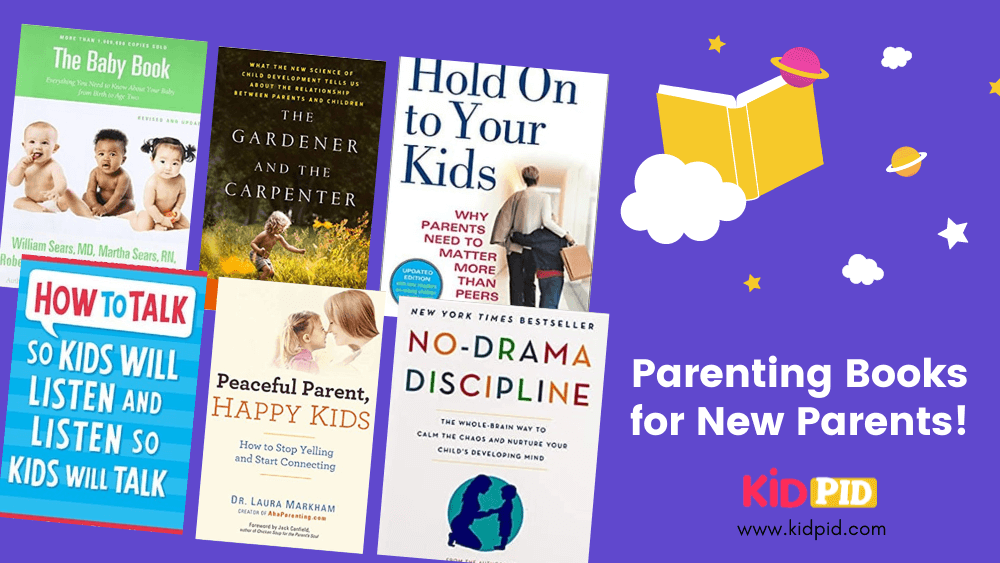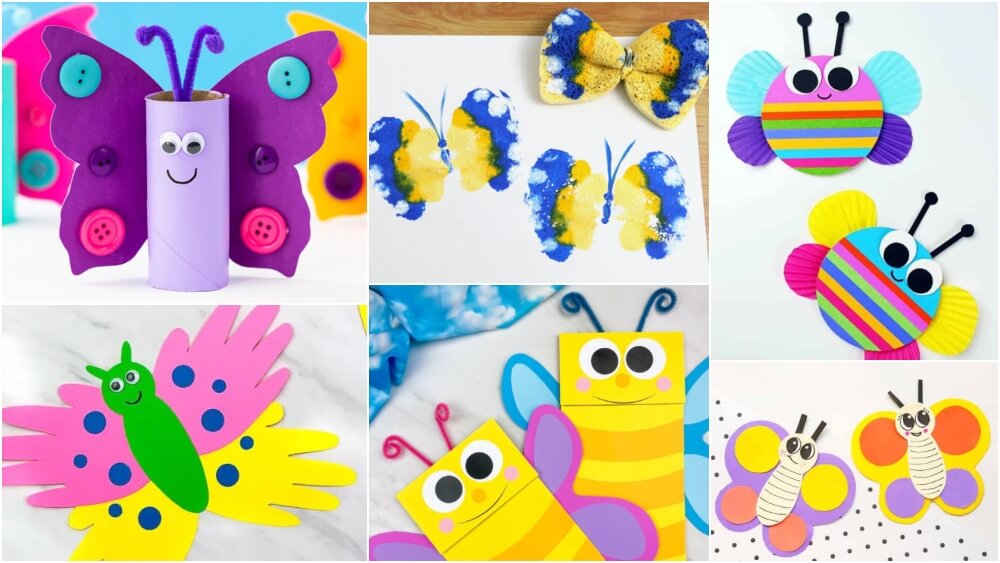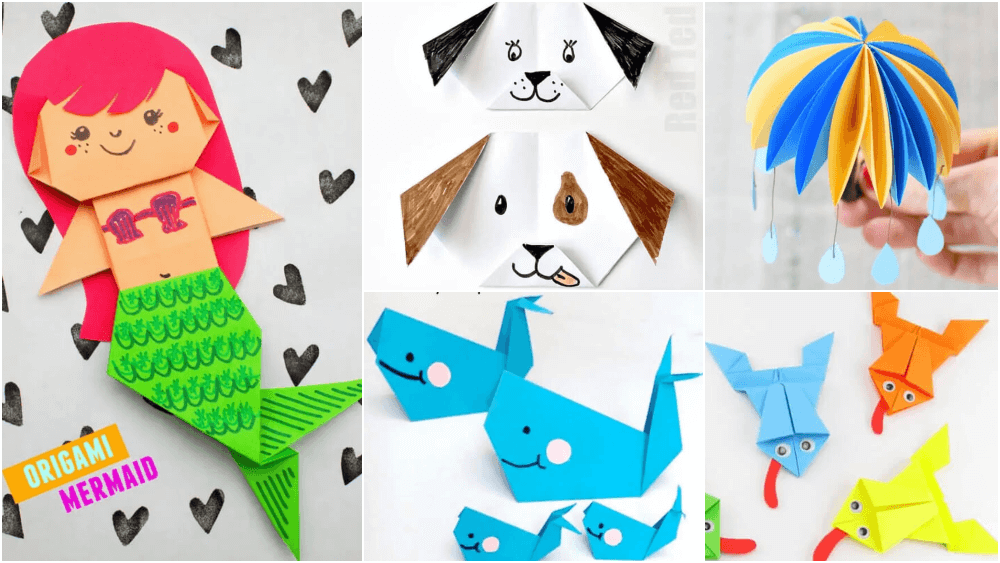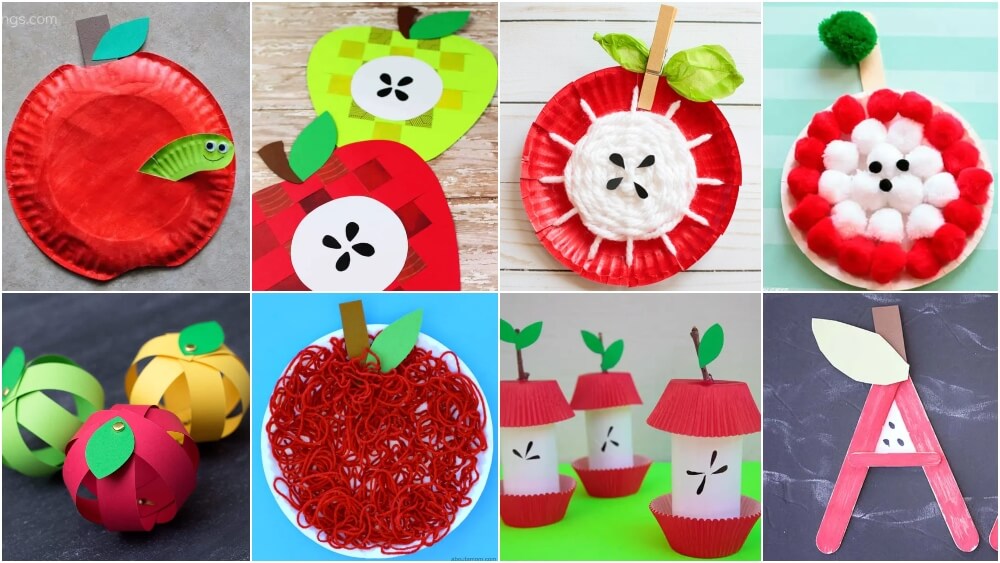How to Teach Social Skills to Kids? Why they are important?

One of the most challenging, perplexing, yet gratifying elements of parenting young children is teaching them social skills. Preschoolers and kindergarteners are known to be selfish by nature. As a result, many kids find it challenging to share, empathize, collaborate, and cooperate, even when playing or engaging with others.
They Will Be Able to Develop Better Social Skills if They Develop an Emotional Sense
There are times when emotions are unpleasant, and that’s okay! Learning about the “five feelings” with children might help them develop empathy and understanding for others. You could wish to have your child read books on these topics or watch films with them that feature characters who experience intense emotions.
Give kids Chances to Interact Socially.
Yet how? Contacting parents who are interested in the same things as you will help you achieve this. Engaging with adults will expose children to a broader range of viewpoints from individuals who are not members of their immediate family, who may serve as helpful role models for a child’s development, or who are attentive to a child’s needs.
Working Together And Collaborating
Your kid will learn how to share ideas, stories, and labor in addition to items, just as how to share stuff. Children will discover that working in a group allows them the opportunity to voice their views and listen to those of others if they have strong teamwork and cooperation abilities. It enables children to understand that participating in a group endeavor can be enjoyable! Although it may seem easy, getting small kids to cooperate may often be challenging. Over time, they will have to practice respecting others’ viewpoints, regardless of how different they are. Kids may develop their sharing abilities to incorporate intellectual and physical accomplishments by working together toward a common objective.
Permit them to engage in extracurricular activities.
Let your child participate in extracurricular activities like athletics or musical theater will help them develop their social skills since they will meet others who have similar interests outside of school, and there will be time for both work and play in your child’s development.
Talking to them is crucial.
Discuss how other people behave with your child. Talk to them about others’ behavior and ask them what they believe happens when someone is being rude or angry toward someone else. This will assist children in determining if an activity they took was beneficial, harmful, or unnecessary.
Patience
You’ve probably heard the adage “Patience is a virtue” a lot. We’re here to reiterate it once again, though! It’s common for young kids to lack patience. But one of the most fruitful social skills for youngsters is patience. Building friendships and relationships and completing significant goals that must be accomplished over a long period need patience. Here, the idea of delayed gratification is put into action. You develop a patient person in your child by teaching them that awesome things frequently take time. It takes practice and, you guessed it, patience to learn patience! Have faith that it will manifest over time.
Demonstrate the value of body language.
With your youngster, practice engaging in eye contact and grinning. Ask them to talk about anything while you display terrible body language if they are old enough to comprehend. This may manifest as crossed arms, averted gaze, or fidgeting.
Ask them how they were affected by your behavior. And then adopt a watchful posture. Pass the hat around.
Be Conscious of Everything to Enhance the Development of Social Skills
When introducing a youngster to other kids, keep their coping mechanisms and sensitivity in mind. Their social abilities will advance thanks to this. Regarding socializing, some people could need more time with you than others, while others might not be sensitive.
Normalize Errors
Your youngster has to understand that you don’t demand perfection. These social skills cannot be used flawlessly, consistently, or everywhere. That’s all right! It’s encouraged. Making mistakes is expected; it’s how we discover what went right or wrong. Make sure your youngster sees this as usual. It will be simpler for them to go past the pain of a mistake and try again if they understand that this is how all people acquire lessons.
Give empathy to receive empathy.
Let your youngster know that you are considerate of others’ sentiments. This is more of a simple demonstration of empathy than a teaching opportunity.
Validate your child’s expression of emotion if you notice it. You can also recognize your unpleasant feelings. For instance, you may respond, “I realize that must anger you. Can you teach me how to tell? What can we do to lessen your unhappiness together? This offers them a concrete example of how to deal with empathy with others in comparable circumstances and make them feel seen and heard in the present.
Utilize the child’s interest
If your child plays badminton, ask questions like, “How can your team work together?” If your child wants to develop his social skills, you must use this as a tool to talk to him about social skills and what is important to him. Additionally, you may harness their enthusiasm to assist your kid in setting up playdates.
Do not Be Afraid to Discuss a Few Topics.
Parents, don’t worry if you feel uncomfortable discussing some subjects with your children; there are plenty of resources available that you can utilize in their place. Children will eventually learn, so don’t worry about frightening them away permanently. The most crucial thing is that your kids understand potential dangers. Please make sure they know the social events they need to be aware of, whether they are boys or girls.
Consider your approach to giving directions.
The parent or other adult in charge must make sure the instructions they offer are ones that a young child can follow to the letter while teaching social skills to children.
Be precise, forceful, and kind while providing directions. Children struggle when given many directions at once, as we already said. Start by focusing your child’s attention in one direction at a time. Ask your youngster to repeat what you want them to do while providing directions. When the first instruction is finished, only provide another. Continue till the job is finished. You can get directions from your kid too! They will then better understand what it takes to plan, organize, and complete a task.
Teach kids to respect private space
Take into account educating your kid about personal space. This is their personal space; don’t ask them to extend their elbows or place their hands on their hips.
To demonstrate how to give others space, have everyone in the room walk around with their elbows extended. By requesting permission to enter their area, you may introduce the concept of limits. For example, you may ask, “Can I hug you?” or something like. or “Shall we high-five because I understand you don’t like hugs?”
- See whether they are listening.
- Please pay attention to your child’s listening abilities while interacting with others, whether inside or outside of your family. You may watch them to see whether they’re paying attention. Do they appear interested? Are they posing inquiries?
- Also, remember that listening to your child is just as crucial. This motivates people to listen to you in return by demonstrating the value of what they have to say.






Responses